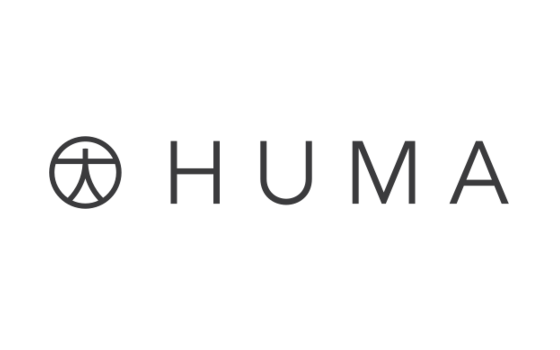 Huma has bought iPLATO Healthcare, whose patient engagement software covers a network of 26.6m patients across nearly 3,000 NHS primary care organisations and whose myGP app is one of the most downloaded medical apps in the UK. The two companies will continue to operate independently but will combine their expertise to enable more proactive, predictive and personalised care for patients in a joined-up service across primary and secondary care. Huma’s technology has almost doubled clinical capacity through virtual wards(1) and helped clinicians spot and reprioritise nearly 10% of their cardiac surgery patients on waiting lists who were deteriorating(2).
Huma has bought iPLATO Healthcare, whose patient engagement software covers a network of 26.6m patients across nearly 3,000 NHS primary care organisations and whose myGP app is one of the most downloaded medical apps in the UK. The two companies will continue to operate independently but will combine their expertise to enable more proactive, predictive and personalised care for patients in a joined-up service across primary and secondary care. Huma’s technology has almost doubled clinical capacity through virtual wards(1) and helped clinicians spot and reprioritise nearly 10% of their cardiac surgery patients on waiting lists who were deteriorating(2).
However remote patient monitoring is still not used widely in primary care. Huma, whose technology is used across the UK, Europe, US, Asia and the Middle East to power 'hospitals at home' and decentralised clinical trials, is planning to change that.
Dan Vahdat, CEO & Founder of Huma, said: "We are part of the movement using remote patient monitoring and digital biomarkers to transform healthcare. We've already shown how we can help clinicians care for more people whilst offering greater reassurance and oversight from monitoring even when patients are away from the clinic. But there is still so much more we can do. We want to introduce digital screening and our peer-reviewed cardiovascular and depression risk scores to give patients even more insight into their own health. Adding these capabilities to iPLATO's patient engagement expertise gives us a fantastic opportunity to make a significant difference in primary care and help more patients to live longer, fuller lives."
iPLATO has over 10 years of experience in primary care engagement and has a strong user base. Almost 2.4m people in England use the myGP app to manage their health - reducing unnecessary appointments, administrative tasks, and pressure on primary care; including medication reminders, tracking of vital signs and ordering of prescriptions. iPLATO has also been instrumental in increasing uptake of NHS services, including IAPT services, cancer screenings and health checks, resulting in up to 65% higher uptake of services communicated through the myGP platform.(3)
Tobias Alpsten, CEO of iPLATO Healthcare, said: "We are excited to offer leading remote patient monitoring capability from Huma to our primary care partners. We recently launched patient questionnaires on the myGP platform to enable patient data to be coded directly into the patients' medical records. Combining tools like this with digital biomarkers can help create a world where we can tackle the biggest killers of our time - cancer, heart disease and now, COVID-19. We see a time when data collection highlights people at high risk, so those individuals can be offered personalised screening, treatment, advice, support and continual follow-up remotely - even alerting clinicians when patients need to be seen in-person. Bringing our patient questionnaires together with Huma's remote patient monitoring capability means that this future is not too far away."
About Huma
Huma Therapeutics Limited is a global digital health technology company that exists to help people live longer, fuller lives. Our modular platform supports digital 'hospital at home' for a range of use cases across different disease areas and in life sciences we power some of the world's largest decentralized clinical trials and studies. We are developing digital biomarkers, predictive algorithms and real-world data from continuous patient monitoring to advance proactive, predictive care. Our 'hospitals at home' help care for patients across the England NHS, Wales, Germany, and the UAE - evidence shows our technology can help almost double clinical capacity, reduce readmission rates by a third, and reduce costs whilst providing safe, high-quality care. As part of our work to help countries hit by Covid-19, we offer digital services, not-for-profit, to national governments and have shipped over a million devices that complement our 'hospitals at home' to help power them. We are using the same technology platform to support decentralized clinical trials.
1. nhsx.nhs.uk/covid-19-response/technology-nhs/huma-medopad-evaluation-remote-digital-care-platform/ The full report is available on request.
2. Obika, BD et al. (2021) Implementation of a mHealth solution to remotely monitor patients on a cardiac surgical waiting list: service evaluation JAMIA Open 4(3) doi.org/10.1093/jamiaopen/ooab
3. https://www.iplato.com/wp-content/uploads/2019/04/Case-Study-NHS-Health-Checks.pdf